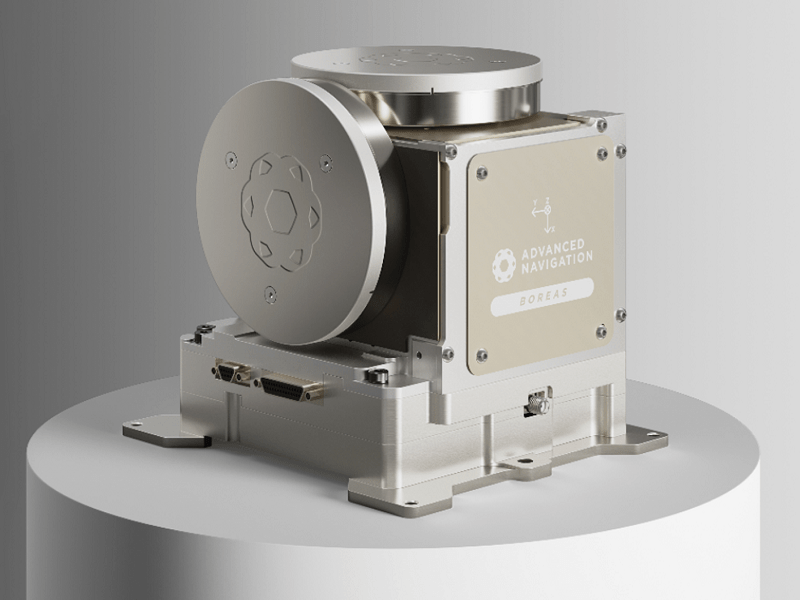AI robotics innovator Advanced Navigation plans to become Australia’s first mass producer of photonic chips after receiving a grant from the Department of Defence to kickstart the sovereign capability.
Photonics chips are an emerging form of semiconductor that use light instead of electricity to transmit signals, making them less power hungry while offering significantly faster calculation speeds.
With artificial intelligence and quantum computing driving demand, the market for the chips is expected to quintuple from US$516 million in 2020 to US$2.6 billion in 2025, according to analyst firm Gartner.

But Australia is currently without a commercial manufacturing capability, according to Advanced Navigation, which hopes to become the first — and only — local company to produce the technology, with plans to eventually make 45,000 chips each year.
The Sydney-based company with research centres in Perth, Canberra and Newcastle has received a Sovereign Industrial Capability Priority grant from the Department of Defence valued at $306,631 to cover 50 per cent of the project costs.
It is the second grant to be secured under the program this year, having received $150,000 for the installation of a “calibration and testing system for validated production of sonar hydrophone sensors deployed in autonomous underwater vehicles” in November.
Advanced Navigation chief executive and co-founder Xavier Orr said that photonic chips “offer new opportunities for defence and commercial applications requiring always available, ultra-high accuracy orientation and navigation”.
“Advanced Navigation is honoured to be a major driver of this [photonics chip manufacturing] capability, and empower technologies to safeguard national security in a time defined by technological warfare and geopolitical uncertainty,” Mr Orr added.
The chips are already being used in its digital fibre-optic gyroscope (DFOG) inertial navigation system known as Boreas X90, which can provide precise positioning and navigation without using relatively fixed references, such as stars, or requiring base station control telemetry.
The company positions itself as the only one in the world capable of manufacturing such a system, and one of only four companies capable of manufacturing other FOG-based inertial navigation systems.
Boreas X90 will be used by US space manufacturer Intuitive Machines for NASA’s Commercial Lunar Payload Services (CLPS) initiative, which is planning to deliver experimental NASA technologies and several other payloads from commercial customers to the Moon by the end of 2025.
It will also be used by Sydney-based satellite manufacturer Space Machines onboard its Orbital Serving Vehicle, which is expected to be launched off the SpaceX Falcon 9 rocket early in the new year.
In September, Advanced Navigation opened a manufacturing facility in Sydney to scale production of the Boreas X90 and other navigation systems. The facility will also act as a hub for collaboration with the University of Technology Sydney.
Do you know more? Contact James Riley via Email.

